Whether you're dreaming of unearthing hidden treasures or simply looking to enjoy a new outdoor activity, this beginner's guide to using a metal detector is designed to help you get started on the right foot. Metal detecting is an accessible hobby for people of all ages. It can be incredibly rewarding, both as a way to uncover hidden historical artifacts and as a means to connect with history and nature.
This guide will cover the essentials of using this equipment and metal detector accessories. We'll start by helping you select the best metal detector for beginners, explaining the different types of metal detectors available and their specific features. Understanding your detector's settings and capabilities is crucial in maximizing your chances of successful finds. We'll also delve into the techniques for effective searching, including where to look for treasures and how to swing and position your detector properly.
Know Your Detector and Settings
Understanding your metal detector and its settings is crucial for successful treasure hunting. Metal detectors come with various features and modes, each designed for specific types of searching. Key settings include discrimination, sensitivity, and ground balance:
- Discrimination: This setting allows you to filter out certain types of metal, like iron, to focus on more valuable targets like coins or gold.
- Sensitivity: Adjusting the sensitivity helps detect metals at varying depths. Higher sensitivity increases the detector's ability to detect smaller or deeper objects and makes the device more susceptible to interference.
- Ground Balance: This setting minimizes false signals from mineralized soils, allowing the detector to perform optimally in different terrains.
Assemble Your Metal Detecting Equipment
The right equipment is essential in metal detecting, so buy metal detectors from a certified shop. In addition to a metal detector, several tools and accessories can make your treasure hunting more effective and enjoyable:
- Headphones: Using headphones helps you hear the detector's signals more clearly, especially in noisy environments. They can also extend battery life by reducing power usage.
- Digging Tools: A sturdy shovel or trowel is necessary for digging up finds. Choose a tool that is appropriate for the terrain you'll be exploring.
- Pinpointer: This handheld device helps to locate the exact position of buried objects, reducing digging time and minimizing disruption to the surrounding area.
- Pouch or Container: Bring along a metal detector bag or container for safely storing the items you find.
- Comfortable Clothing and Footwear: Wear appropriate attire for the weather and terrain, including comfortable footwear for walking and standing for extended periods.
Choose Your Hunting Ground
Choosing the right location to start metal detecting for beginners is crucial. Different environments can yield various finds, from historical artifacts to modern valuables. Popular hunting grounds include:
- Beaches: Beaches are great for finding lost jewelry, coins, and relics, especially around popular swimming areas or places where people congregate.
- Parks and Playgrounds: Public parks and playgrounds can be fruitful areas, especially older parks that might have historical items buried.
- Old Homesteads: Sites of old homes or settlements can be rich in historical artifacts, but ensure you have permission to detect them.
- Fields and Farmlands: Open fields, especially those with a history of gatherings or markets, can yield a variety of finds.
- Historical Trails and Pathways: Trails and pathways that have been in use for centuries are ideal for finding older, potentially more valuable items.
Know Metal Detecting Rules
Understanding and adhering to metal detection rules is essential for responsible and ethical detection. These rules vary depending on location and jurisdiction but generally include:
- Permission: Always get permission to metal detect on private property. Check if metal detecting is allowed on public land and if a permit is required.
- Respect the Land: Follow the "leave no trace" principle. Fill in any holes you dig and dispose of any trash you find.
- Historical Preservation: Be aware of laws regarding the discovery of historical artifacts. In many places, it's illegal to remove historical items.
Learn Techniques and Strategies
Mastering the art of metal detecting involves learning how to work a metal detector. It is more than just swinging a detector over the ground. This section delves into the critical techniques and strategies that can significantly enhance your chances of success. We'll explore how to use your metal detector effectively, including understanding its various settings and sounds and how to scan an area methodically. You'll learn the importance of ground balancing, pinpointing, and correctly interpreting signals.
Additionally, get insights into choosing the right locations, understanding soil conditions, and even the best times to embark on your treasure-hunting adventures. You can turn your metal-detecting outings into fruitful endeavors with the right techniques and strategies.
Be Persistent and Patient
One of the most valuable lessons in metal detecting is understanding the importance of persistence and patience. Patience is the key to success in metal detecting. It's common for beginners to experience a learning curve and face challenges such as distinguishing between false signals and genuine finds or spending hours without a significant discovery.
Therefore, it is crucial to maintain a positive attitude, set realistic expectations, and stay committed to your hobby. Even the most experienced detectorists have days without notable finds and have persevered to make remarkable discoveries. Remember, every outing is an opportunity to learn, grow, and uncover hidden treasures.
Start Detecting
Learn how to set up your metal detector for optimal performance, begin your search, and efficiently uncover and handle your finds. Once done, gather your metal-detecting equipment, accessories, and strategies. The first step is to find an ideal location for detecting metals and listen closely to the beeping tones. While searching, move slowly and wave the detector over the land without rushing. Never touch or bump the detector’s coil to the ground. If you get a good signal from a spot, dig it slowly to uncover the treasure. After finding something worthwhile, brush it to remove dirt and keep it securely in your bag.
Conclusion
As we conclude this beginner's guide to metal detecting, we hope you feel inspired and ready to start your journey in this captivating hobby. Metal detecting is more than just a pastime; it's an adventure that combines history, science, and the thrill of discovery. Remember, every detectorist's journey is unique and filled with learning experiences, challenges, and surprises. We encourage you to stay curious, keep exploring, and, most importantly, enjoy every moment of your treasure hunting.



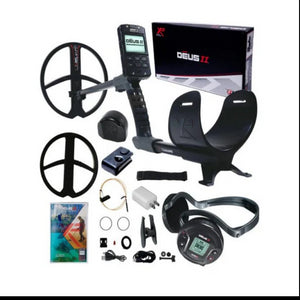
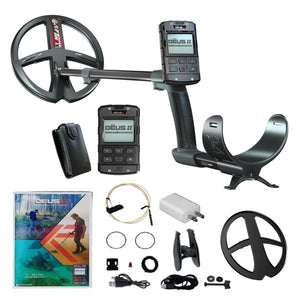
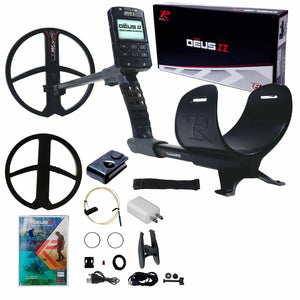
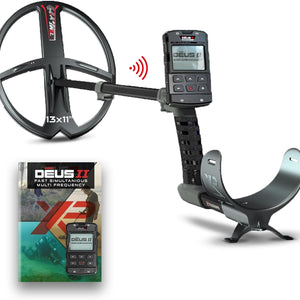
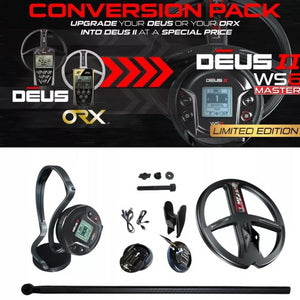
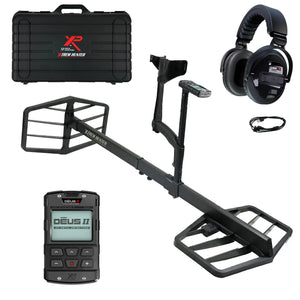
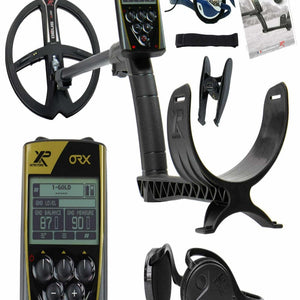
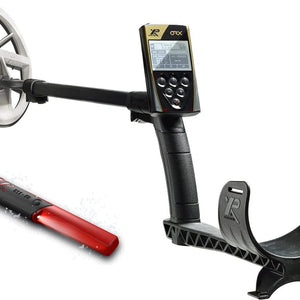
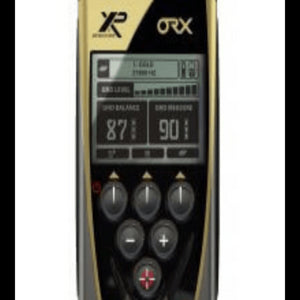
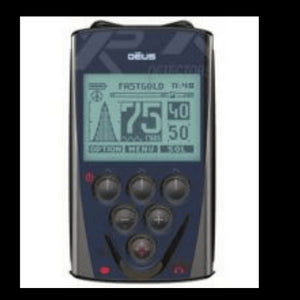
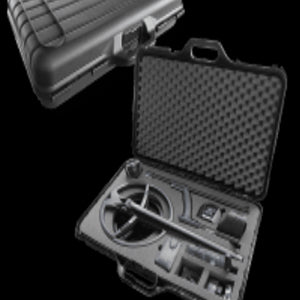
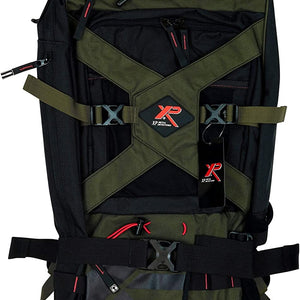
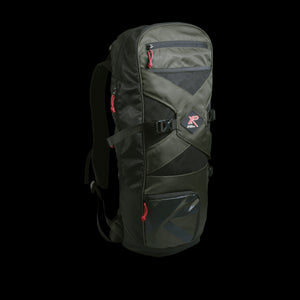
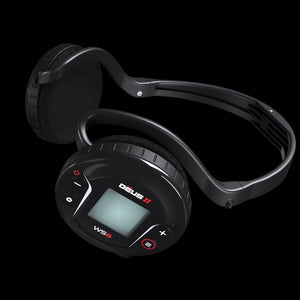
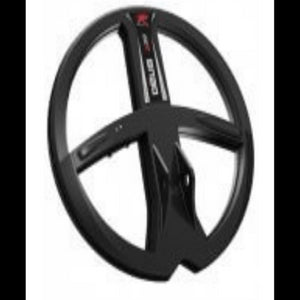
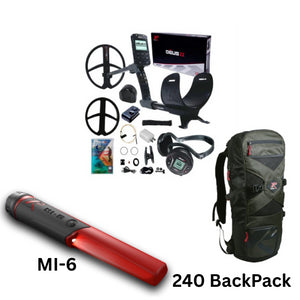
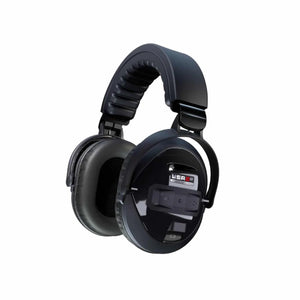
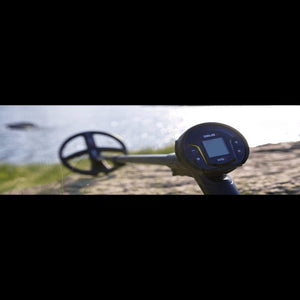
This [url=https://goldxtradetector.com/metal-detectors-for-beginners/]beginner’s guide to using a metal detector[/url] is incredibly helpful! Learning the basics is essential for anyone new to metal detecting, and this post covers everything from equipment setup to techniques for successful detecting. Excited to put these tips into practice and start uncovering some treasures!
Thank you for this beginners guide. I just received a X-Terra pro for my birthday, yesterday. Never having owned a detector before, your information was helpful. Thank you.
Leave a comment